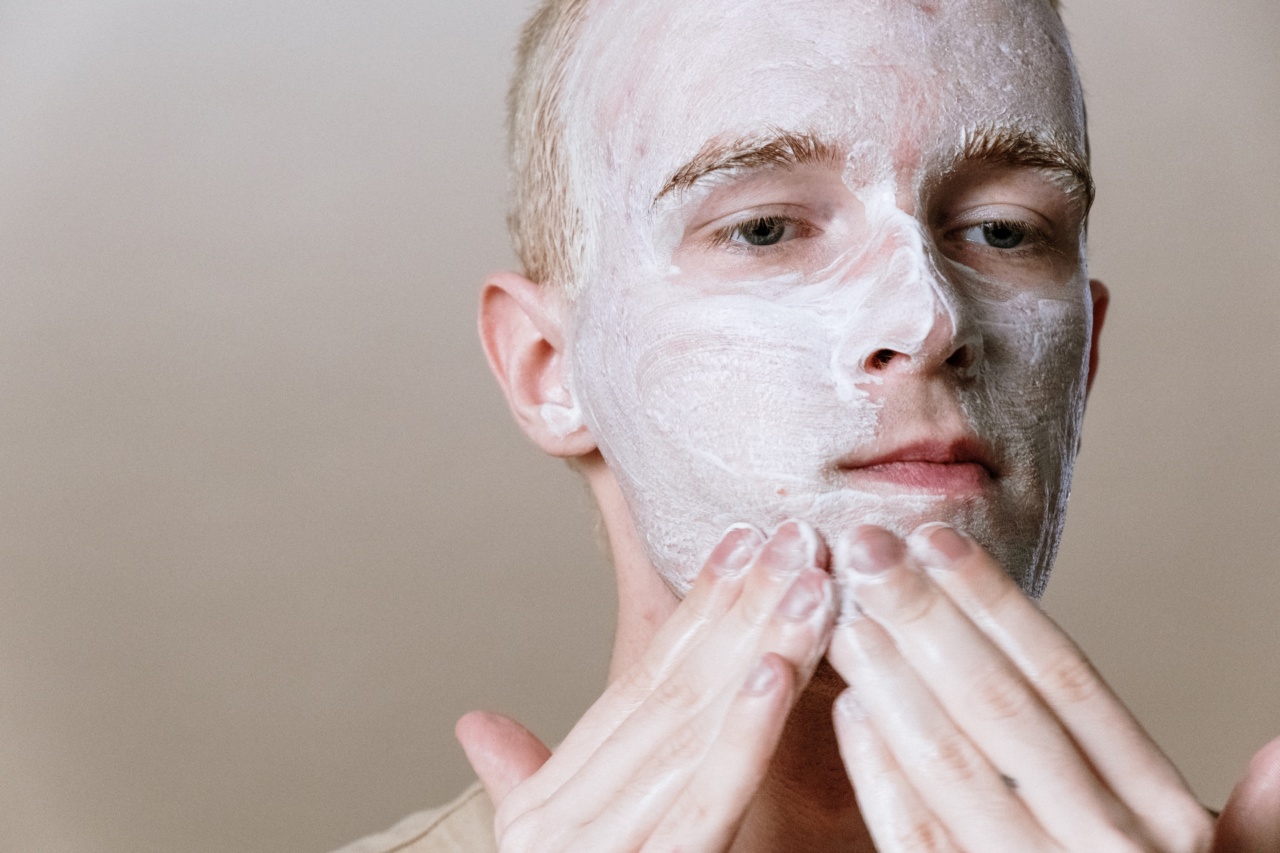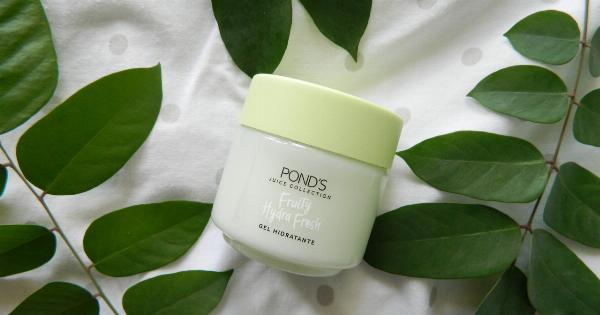Acne is a common skin condition that affects millions of individuals worldwide. While there are numerous factors that contribute to the development of acne, many individuals unknowingly engage in habits and behaviors that aggravate their condition.
In this article, we will explore some of the common things people do that worsen their acne without realizing it.
1. Using Harsh Cleansers
One of the biggest mistakes individuals make when dealing with acne is using harsh cleansers or soaps that strip the skin of its natural oils.
While it may seem logical to use these products to clean the skin thoroughly, they can actually trigger the production of more oil, leading to further breakouts. It is vital to opt for gentle, non-comedogenic cleansers that maintain the skin’s natural balance.
2. Over-Exfoliating
Exfoliating is an important part of any skincare routine as it helps to remove dead skin cells and unclog pores. However, overdoing it can do more harm than good.
Excessive exfoliation can irritate the skin, disrupt its protective barrier, and increase inflammation. Limit exfoliation to 1-2 times a week and choose gentle exfoliants specifically formulated for acne-prone skin.
3. Picking and Popping Pimples
We all know it’s tempting, but picking and popping pimples is a major no-no. When you squeeze a pimple, you risk pushing bacteria and debris deeper into the skin, causing further inflammation and potentially leading to scarring.
It’s best to leave the extraction to a dermatologist who can safely and effectively remove any blemishes.
4. Skipping Moisturizer
Some people with acne-prone skin tend to skip moisturizing, thinking it will make their skin oilier. However, skipping moisturizer can actually worsen acne.
When the skin is dry, it produces more oil to compensate for the lack of moisture, leading to breakouts. Opt for lightweight, oil-free moisturizers that provide hydration without clogging the pores.
5. Not Washing Pillowcases Regularly
Pillowcases accumulate dirt, oil, and bacteria from our skin and hair, making them a breeding ground for acne-causing bacteria. If you don’t wash your pillowcases regularly, you might be unknowingly aggravating your acne.
Aim to change your pillowcase at least once a week to maintain a hygienic sleeping environment for your skin.
6. Using Dirty Makeup Brushes
Makeup brushes collect bacteria, oil, and dead skin cells with each use. When you apply makeup with dirty brushes, you transfer these impurities back onto your skin, contributing to acne breakouts.
Make it a habit to clean your makeup brushes regularly to prevent them from becoming a potential source of skin irritation and acne.
7. Applying Too Many Products
It’s easy to get caught up in the hype of various skincare products, but using too many at once can overwhelm the skin and lead to breakouts.
Mixing multiple active ingredients or introducing new products too quickly can disrupt the skin’s natural balance and cause irritation. Stick to a simple skincare routine and gradually introduce new products, allowing your skin time to adjust.
8. Using Heavy or Comedogenic Makeup
Some makeup products contain ingredients that can clog pores and exacerbate acne. Avoid heavy, oil-based foundations or products labeled as comedogenic. Opt for lightweight, non-comedogenic makeup that allows your skin to breathe.
Additionally, make sure to remove your makeup thoroughly before going to bed to prevent buildup and irritation.
9. Touching Your Face Frequently
Throughout the day, we subconsciously touch our faces, transferring dirt, bacteria, and oils from our hands onto our skin. This habit can worsen existing acne or even cause new breakouts.
Be mindful of this habit and try to avoid touching your face unless necessary. If you must touch your face, make sure your hands are clean.
10. Stress and Lack of Sleep
Stress and lack of sleep can take a toll on our overall health and well-being, including our skin. When we’re stressed, our bodies produce more cortisol, a hormone that can increase oil production and inflammation in the skin.
Additionally, inadequate sleep can impair skin healing and regeneration. Practice stress management techniques and aim for 7-9 hours of quality sleep each night for healthier skin.
Conclusion
By being aware of these common habits and making small changes to our skincare routine and lifestyle, we can help minimize acne breakouts and improve the overall health of our skin.
Remember to be gentle with your skin, keep it clean, and avoid irritating behaviors that can aggravate acne. If you find your acne persists despite your best efforts, it’s always a good idea to consult with a dermatologist for personalized advice and treatment options.



























